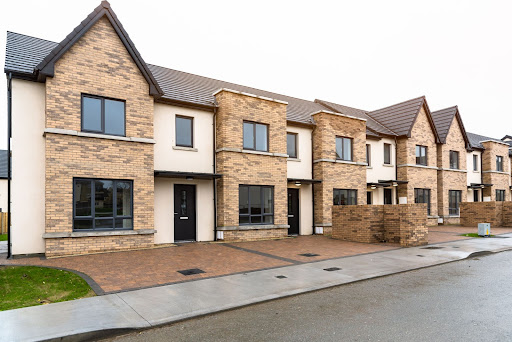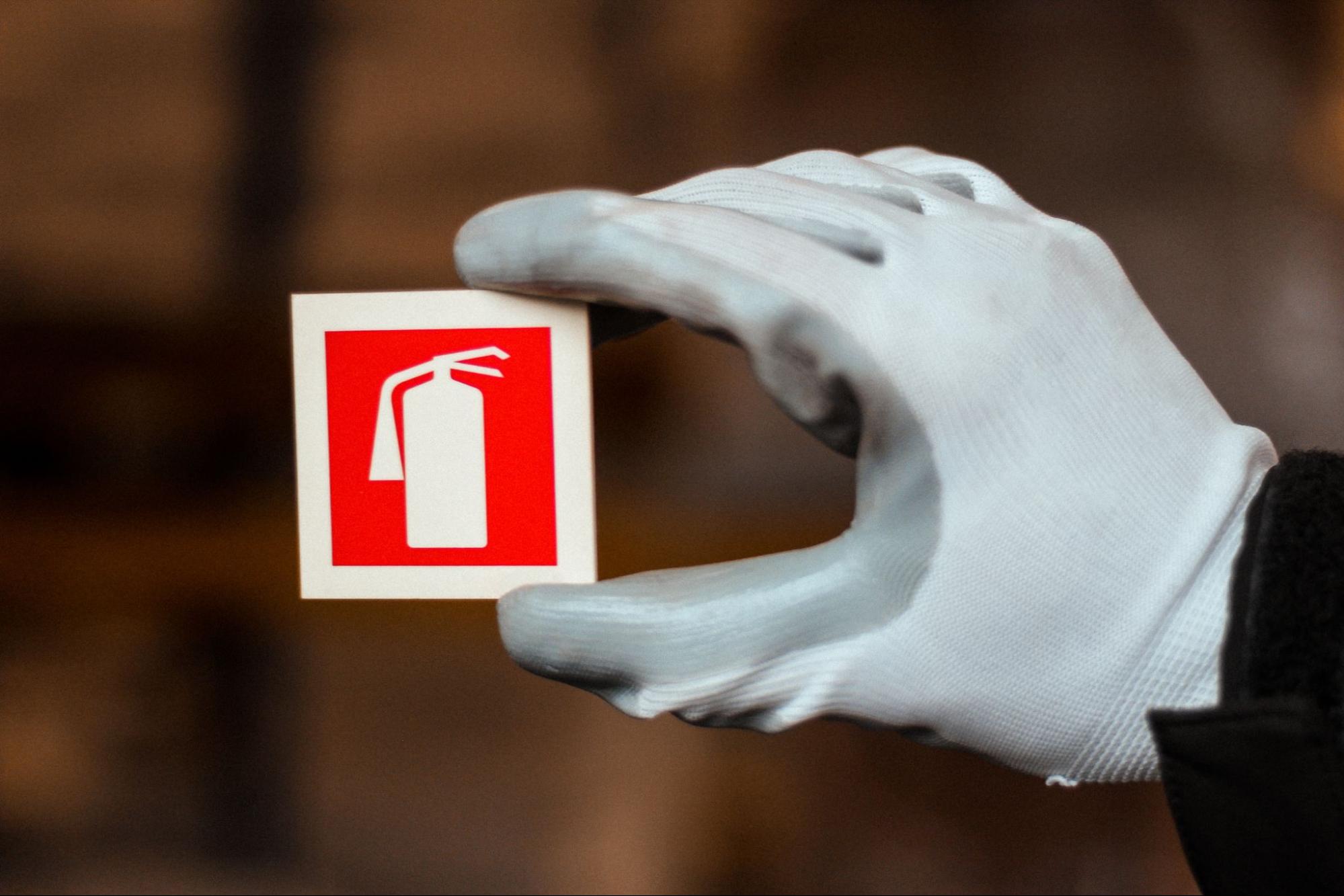Ireland’s property rental market has experienced significant changes and challenges in recent years. As the country grapples with a growing population, housing shortages, and evolving regulations, both landlords and tenants find themselves navigating an increasingly complex landscape. In this blog post, we will explore the current state of Irish property rental, shedding light on the key trends, challenges, and potential solutions in this ever-changing market.
- Rising Rental Costs: One of the most pressing issues facing tenants in Ireland is the skyrocketing rental costs. Rapid economic growth, increased demand, and limited housing supply have resulted in inflated rental prices across the country. Major cities like Dublin and Cork have witnessed the sharpest increases, making affordable accommodation increasingly elusive for many individuals and families. The government has implemented various measures to address this issue, such as rent controls and increased investment in social housing. However, the long-term impact of these measures remains to be seen.
- Housing Shortages: Ireland’s ongoing housing shortage exacerbates the rental crisis. Insufficient construction rates and a lack of available properties contribute to fierce competition among prospective tenants. Many young professionals and families find themselves trapped in a cycle of renting due to the unaffordability of buying a home. To alleviate this issue, the government has pledged to increase the housing supply by encouraging construction and streamlining planning processes. However, it will take time for these efforts to bear fruit, leaving the rental market strained in the interim.
- Evolving Rental Regulations: In recent years, the Irish government has implemented significant regulatory changes to address rental market challenges. The Residential Tenancies Act 2020 introduced new protections for tenants, including longer notice periods and restrictions on rent increases. Additionally, the introduction of the Rent Pressure Zones (RPZs) sought to limit rent hikes in designated areas with high demand. While these measures aim to provide greater security and stability for tenants, they also pose challenges for landlords, particularly smaller investors who rely on rental income for their livelihood.
- Short-Term Rentals: The rise of platforms like Airbnb has had a profound impact on the Irish rental market. Many landlords have shifted their properties from long-term rentals to lucrative short-term rentals and driven up prices, particularly in popular tourist destinations. In response, the government has implemented stricter regulations on short-term rentals, requiring hosts to register with local authorities and limiting the number of days a property can be rented. These measures aim to strike a balance between tourism and the needs of local residents.
- Potential Solutions: Addressing the challenges in the Irish property rental market requires a multifaceted approach. Increasing the supply of affordable housing through streamlined planning processes and incentives for developers is crucial. Encouraging alternative housing models, such as co-living spaces and purpose-built rental developments, could also help meet the diverse needs of tenants. It is essential for the government to maintain a balance between tenant protections and landlord incentives to ensure a sustainable rental market. Ongoing monitoring and adaptation of regulations, coupled with effective enforcement, are vital to achieving this delicate equilibrium.
In conclusion, the current state of Irish property rental reflects a complex and evolving landscape. Rising rental costs, housing shortages, regulatory changes, and the impact of short-term rentals pose significant challenges for both tenants and landlords. To foster a fair and sustainable rental market, a concerted effort from the government, developers, and other stakeholders is necessary. By focusing on increasing the housing supply, implementing balanced regulations, and promoting innovative housing models, Ireland can strive towards a rental market that meets the needs of its citizens while fostering economic growth and social stability.





